Squid eggs
In these two different dives at a depth ranging from about 40 to 50 meters, we filmed the eggs of the European squid (Loligo vulgaris) laid in completely different ways. In the first dive we found them in what would appear to be the optimal situation, i.e. in a hole near the red Gorgonian (Paramuricea clavata), therefore certainly in an area where a constant flow of current and therefore oxygenation is guaranteed ...




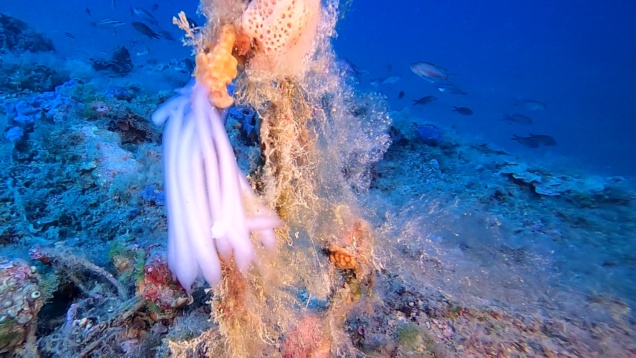
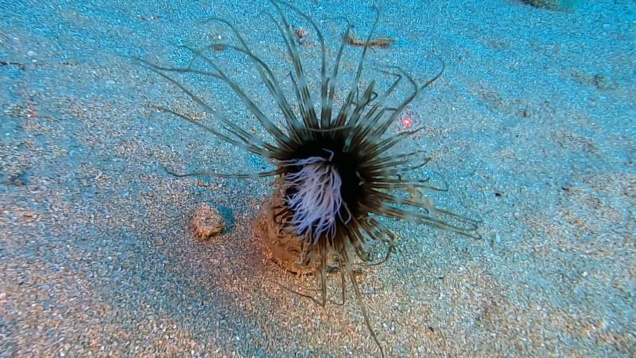
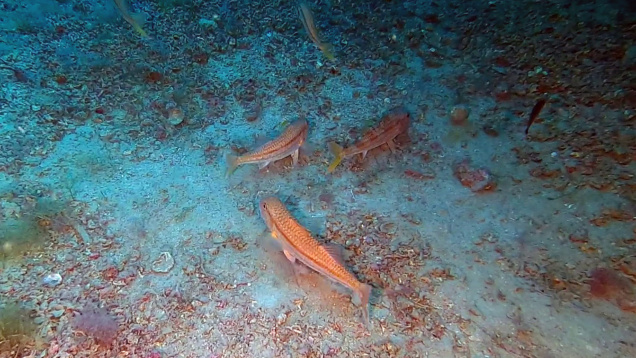
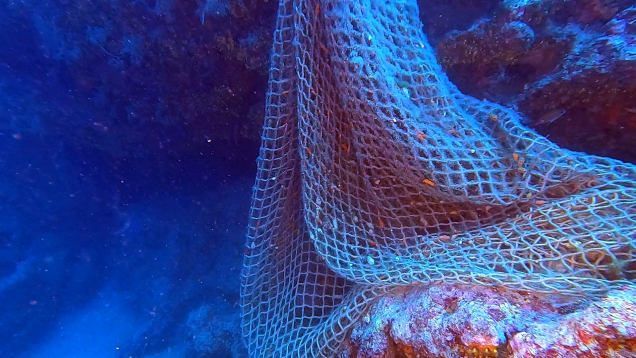
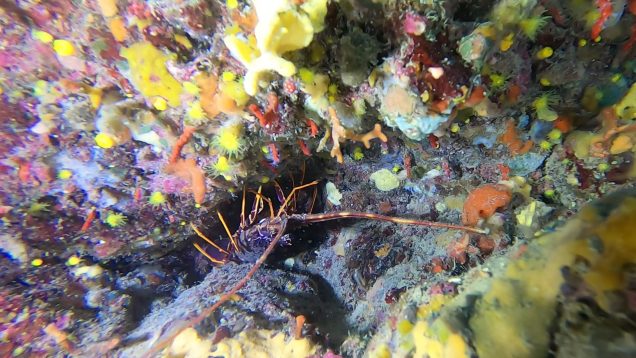
You must be logged in to post a comment.